Healthcare professionals are facing a growing challenge as patients increasingly turn to the internet for medical information, often leading to self-diagnosis and misinformation. According to a recent report, the rise of online health forums and social media has made it easier for people to access and share incorrect medical information, which can have serious consequences for their health and well-being.
Dr. Rachel Kim, a primary care physician, noted that patients often come to her office with preconceived notions about their conditions, which can be difficult to correct. "When patients are convinced they have a certain diagnosis, it can be hard to change their minds, even with evidence to the contrary," she said. "It's like they've already made up their minds, and it's up to us to convince them otherwise."
Dr. Kim attributed the rise of misinformation to the ease of access to online health information. "The internet has made it incredibly easy for people to find information about their symptoms and potential diagnoses," she said. "However, this information is often not verified or reliable, and it can lead to confusion and misdiagnosis."
Experts point out that the internet has created a culture of self-diagnosis, where people are more likely to trust online sources over medical professionals. "The internet has given people a sense of control over their health, but it's also created a false sense of security," said Dr. John Taylor, a specialist in medical informatics. "People are more likely to trust online forums and social media over medical professionals, which can be a recipe for disaster."
The consequences of misinformation can be severe, with patients often delaying or avoiding necessary medical treatment due to incorrect diagnoses. According to the Centers for Disease Control and Prevention (CDC), delayed or avoided medical treatment can lead to serious health complications, including increased risk of disease progression and mortality.
In response to the growing challenge of misinformation, healthcare professionals are working to develop new strategies for engaging with patients and providing accurate information. Dr. Kim noted that her practice has started using patient education materials and online resources to help patients understand their conditions and make informed decisions about their care.
The American Medical Association (AMA) has also launched a campaign to promote accurate medical information and counter misinformation online. "We're working to provide patients with reliable and trustworthy sources of information, so they can make informed decisions about their health," said Dr. Taylor.
As the digital age continues to shape the way people access and share medical information, healthcare professionals are facing a growing challenge to counter misinformation and promote accurate health information. By working together, healthcare professionals and patients can ensure that accurate information is available and accessible to everyone.
The Centers for Disease Control and Prevention (CDC) and the World Health Organization (WHO) have launched initiatives to promote accurate medical information and counter misinformation online. The CDC has developed a website to provide patients with reliable and trustworthy sources of information, while the WHO has launched a campaign to promote accurate health information and counter misinformation on social media.
Healthcare professionals are also working to develop new technologies to help patients access accurate medical information. For example, some practices are using online platforms to provide patients with personalized health information and recommendations. Others are using artificial intelligence (AI) to help patients understand their medical conditions and make informed decisions about their care.
As the digital age continues to shape the way people access and share medical information, healthcare professionals are facing a growing challenge to counter misinformation and promote accurate health information. By working together, healthcare professionals and patients can ensure that accurate information is available and accessible to everyone.
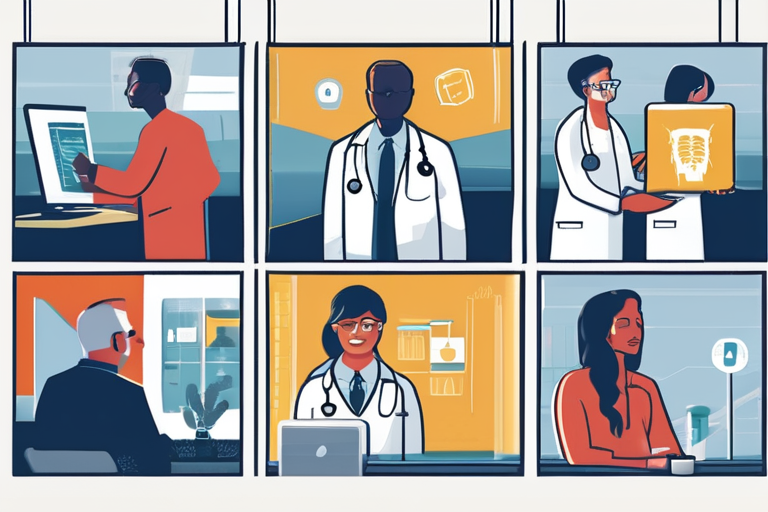


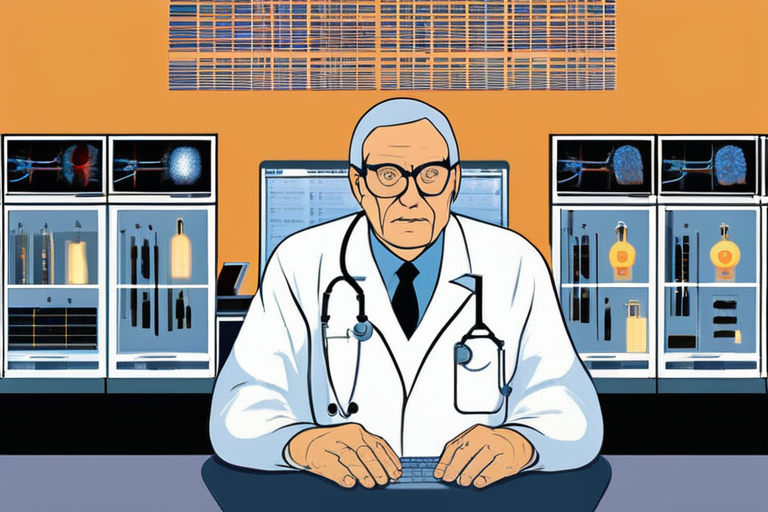
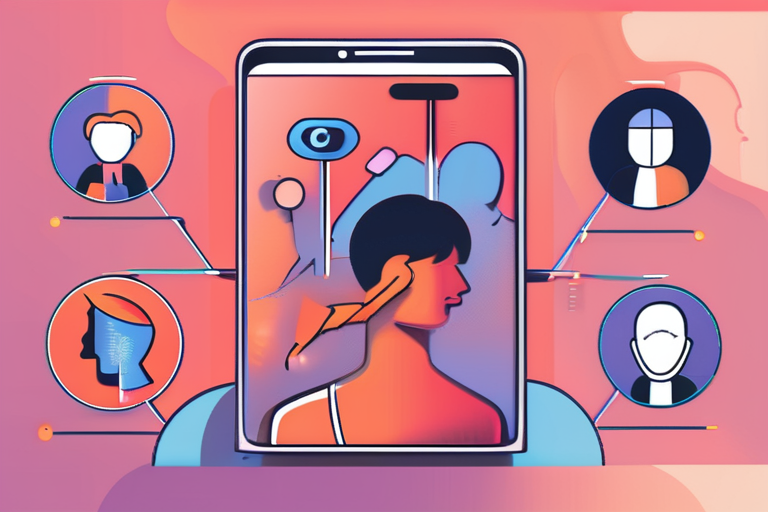
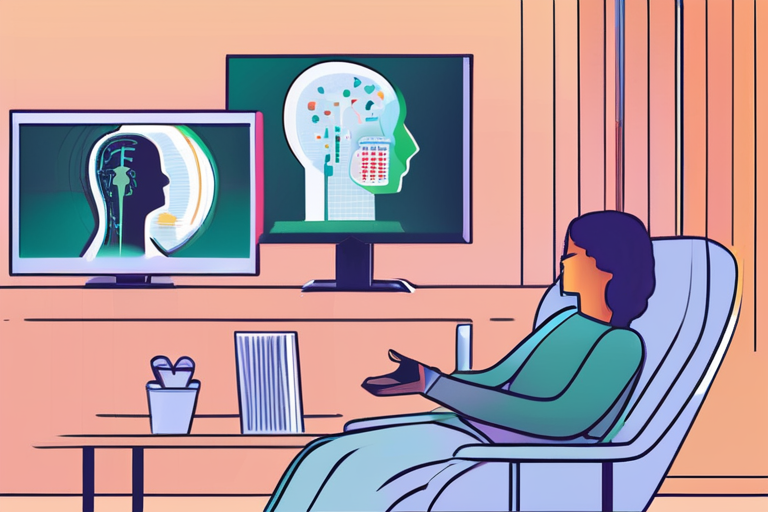
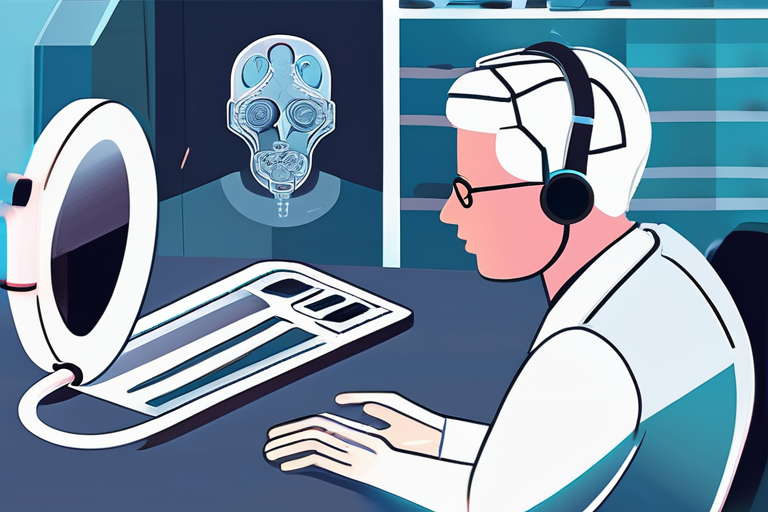
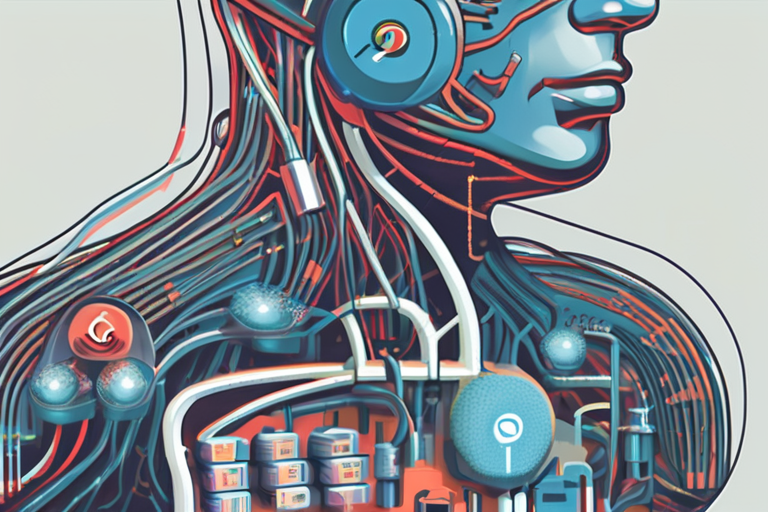


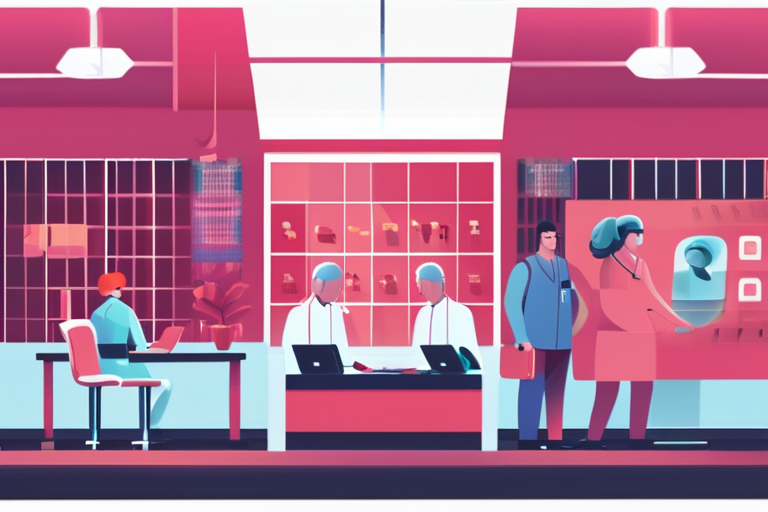
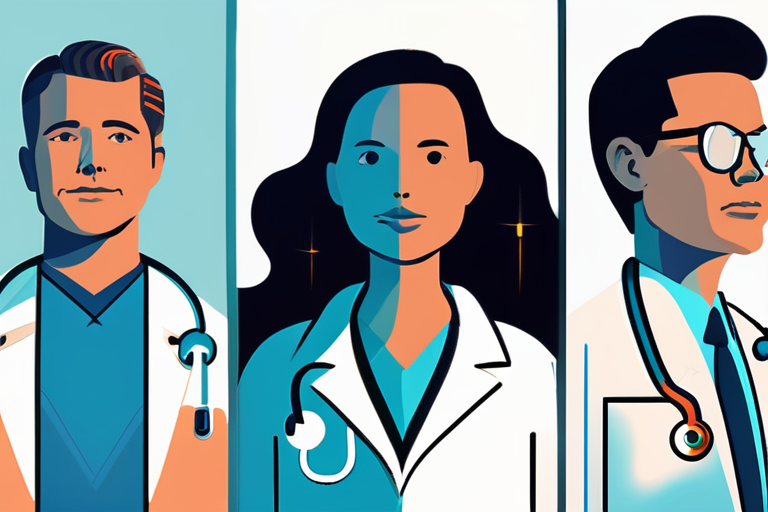
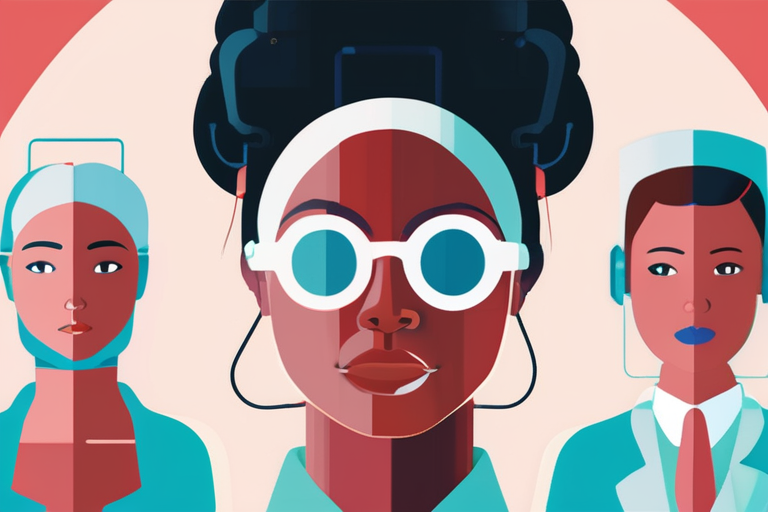

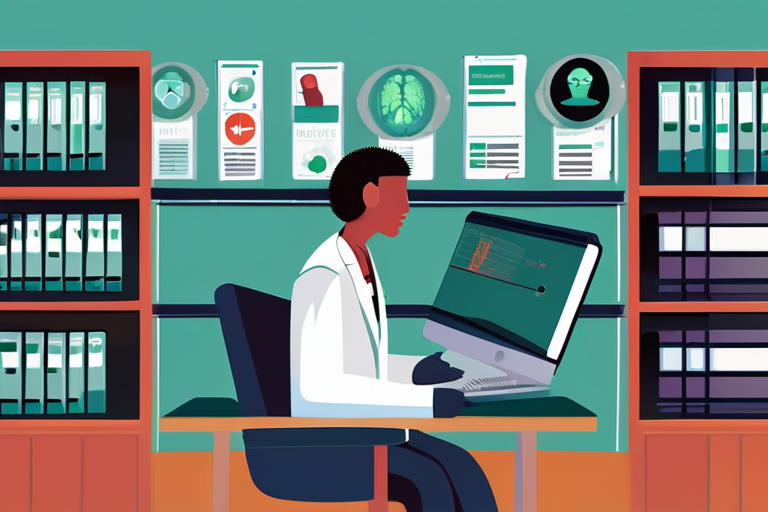

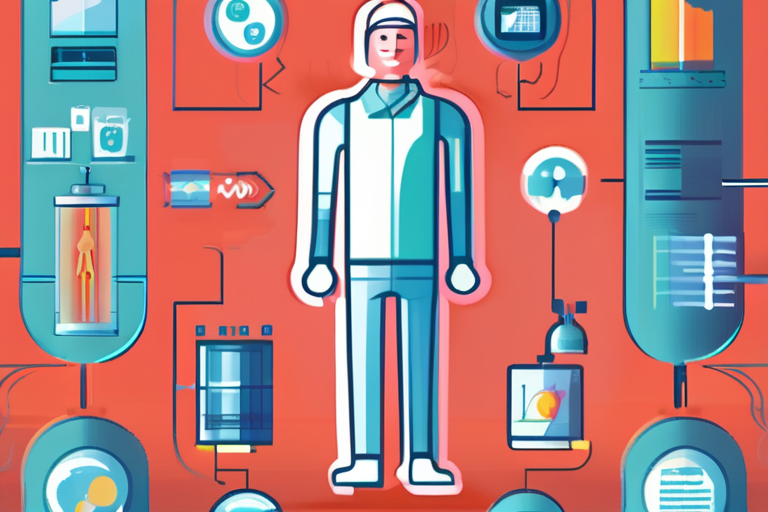


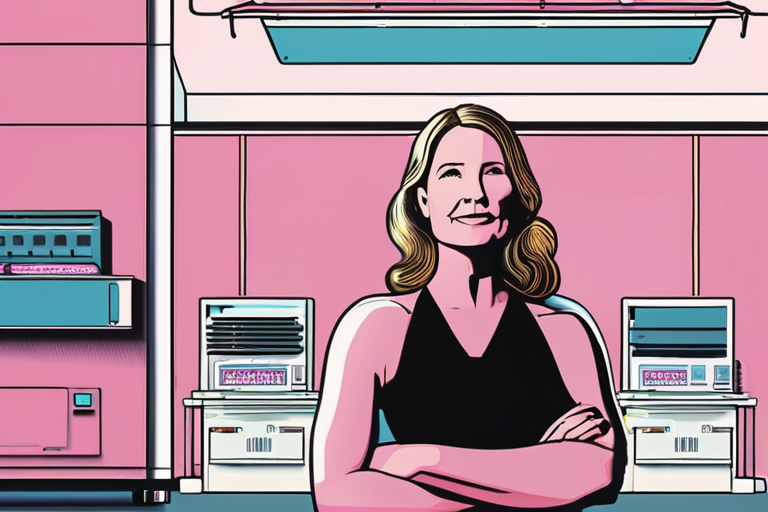
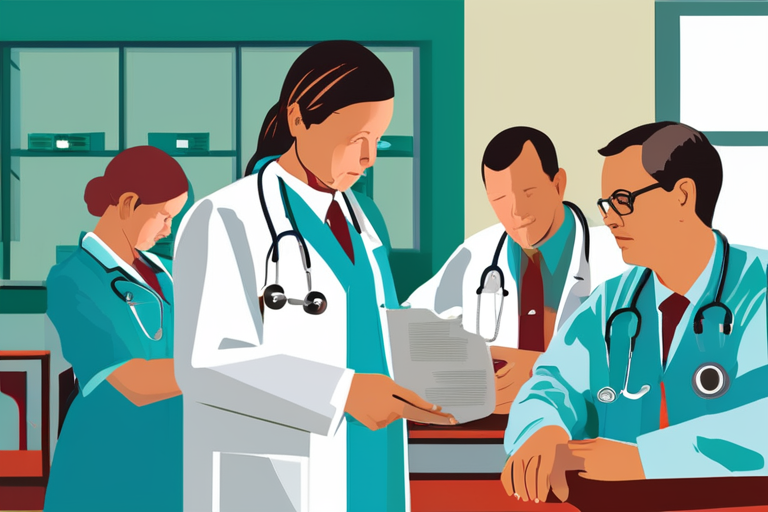


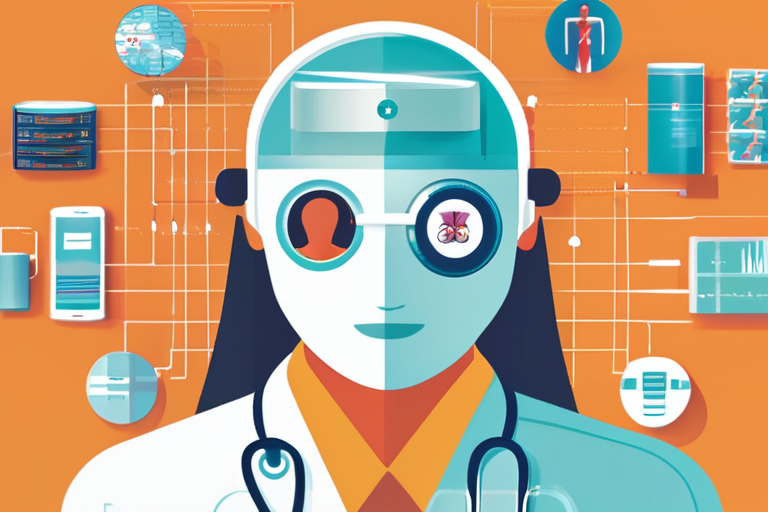
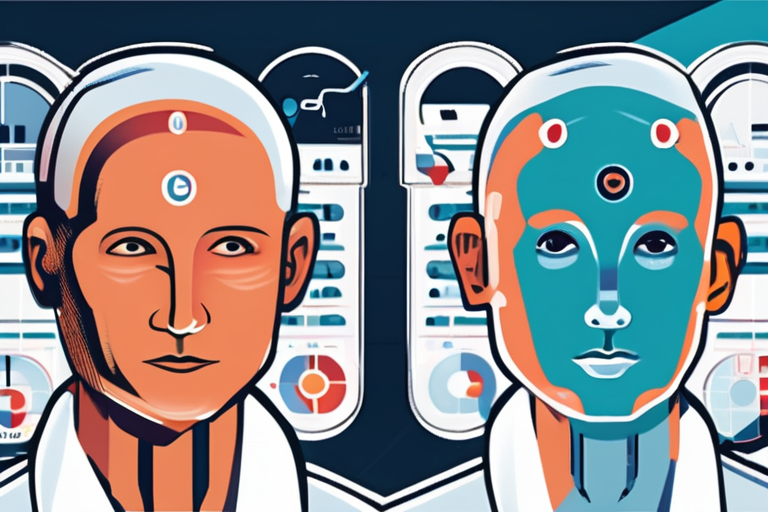


Share & Engage Share
Share this article